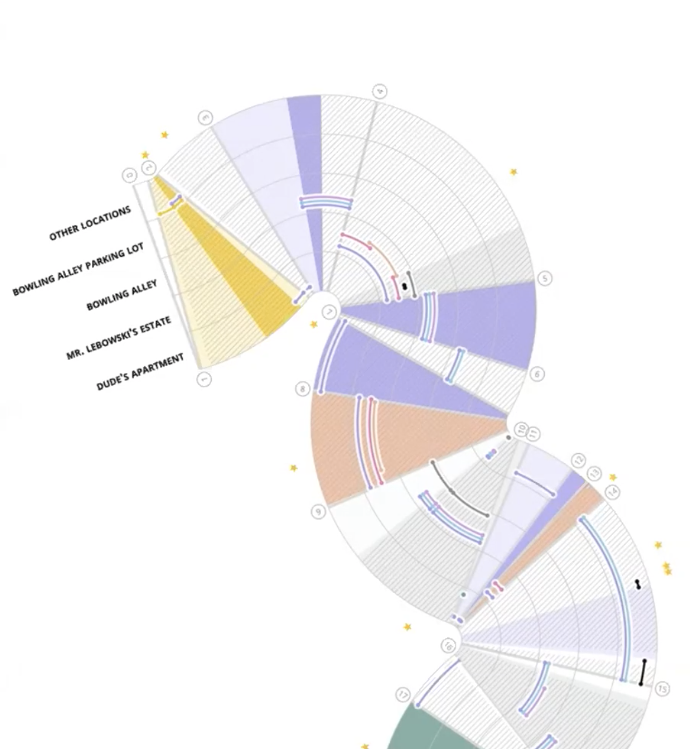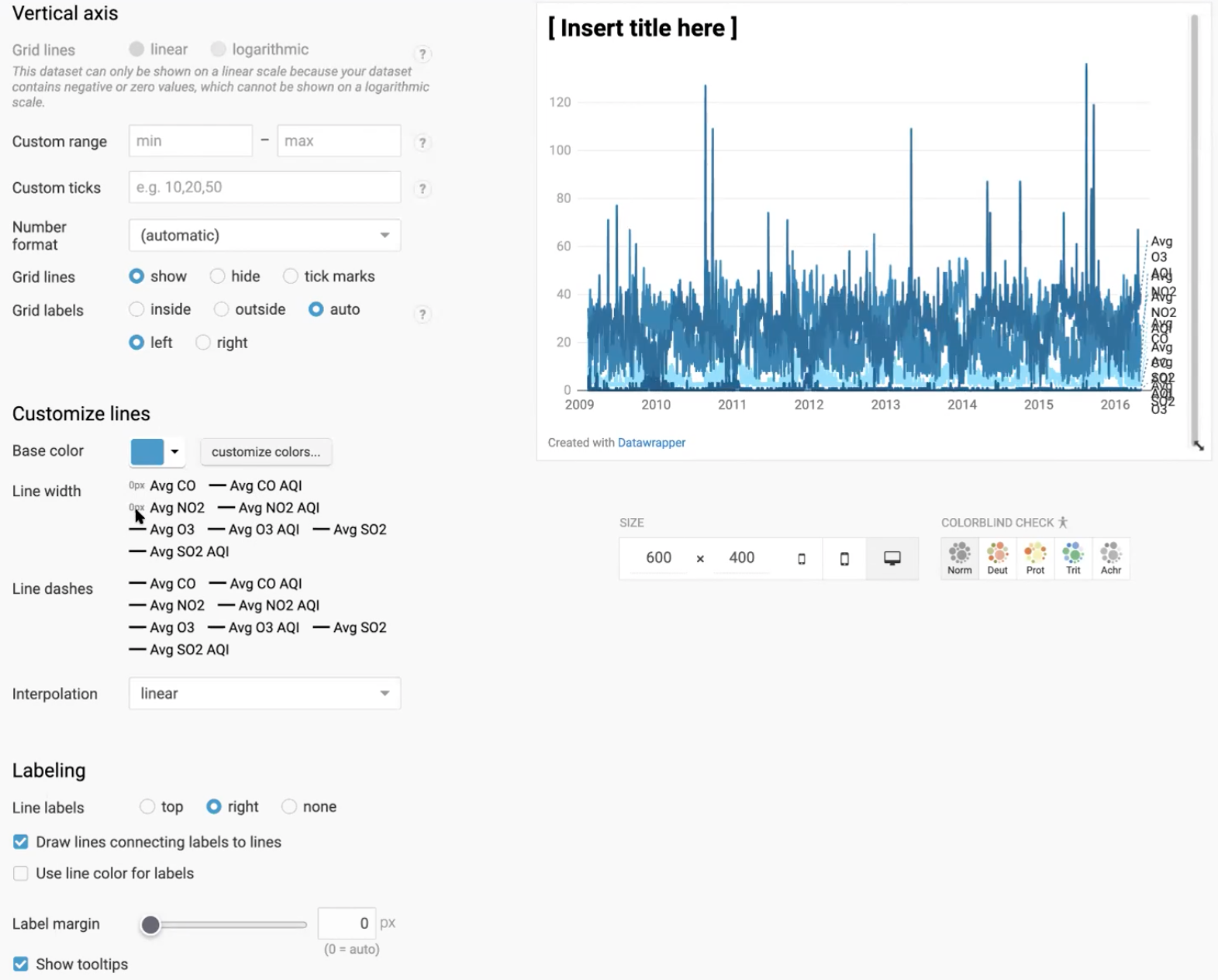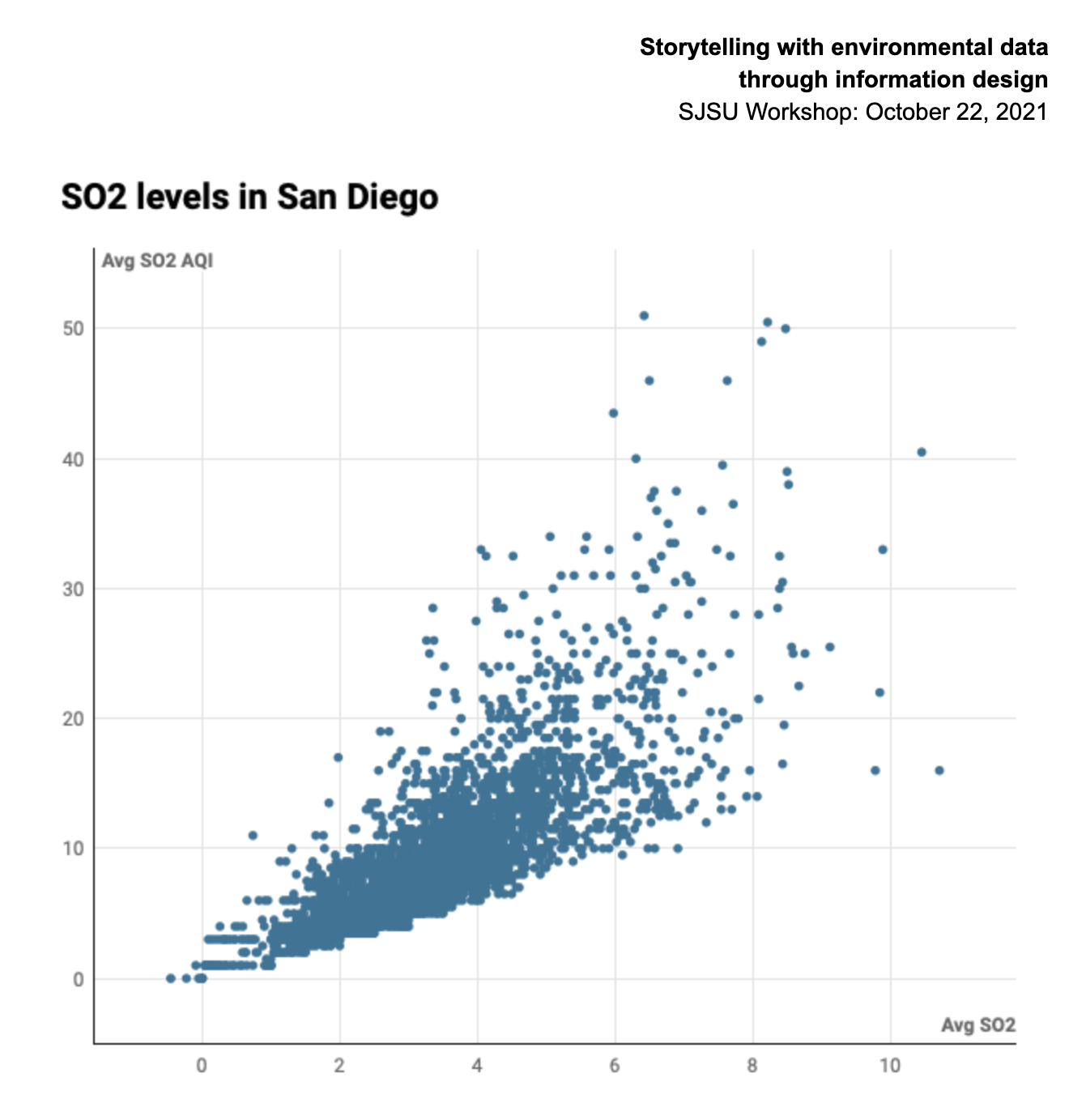Steven received his B.A. (2011), summa cum laude, in chemistry (with distinction) and Asian studies (with distinction) from St. Olaf College. After graduating, he lived in Kyoto, Japan as a Fulbright Fellow, carrying out computational biophysics research at Kyoto University. He subsequently pursued graduate work at Yale University, receiving his M.S. in molecular biophysics and biochemistry in 2013. Before moving to the Boston metropolitan area, he worked at the University of Minnesota – Twin Cities in the Health Sciences Libraries. Steven has worked at Northeastern University since the end of 2015; prior to joining the faculty of the College of Arts, Media and Design, he served as the Data Analytics / Visualization Specialist in Snell Library.
Steven Geofrey Braun
Assistant Teaching Professor/Designer for Design (Northeastern University)
Steven Geofrey Braun
Assistant Teaching Professor/Designer for Design at Northeastern University
Steven received his B.A. (2011), summa cum laude, in chemistry (with distinction) and Asian studies (with distinction) from St. Olaf College. After graduating, he lived in Kyoto, Japan as a Fulbright Fellow, carrying out computational biophysics research at Kyoto University. He subsequently pursued graduate work at Yale University, receiving his M.S. in molecular biophysics and biochemistry in 2013. Before moving to the Boston metropolitan area, he worked at the University of Minnesota – Twin Cities in the Health Sciences Libraries. Steven has worked at Northeastern University since the end of 2015; prior to joining the faculty of the College of Arts, Media and Design, he served as the Data Analytics / Visualization Specialist in Snell Library.
Lecture
Technologies of Seeing: Visualization as Textural Practice
Professor Braun’s lecture emphasizes the “technology of seeing,” or the power to render something visible, and the process of rendering requires design decisions. He displayed examples of his projects where he has taken different types of texts and created visual mediums of representing those texts. These projects can include literal works of texts (books, articles) or more abstract forms of text such as movies. Texts are broken down into pieces of information through exploration, questions, and analysis so that they can be reorganized and/or reinterpreted through the design process and visualization that allow better accessibility to the audience.
Workshop
Storytelling with Environmental Data through Informational Design
This workshop allowed students to take multiple data sets of pollutants in different cities and create meaning with them through their own ways of visualization. Through a step by step process, Professor Braun instructed students to first answer questions on the data to help interpret and understand the data. Afterwards, students took the data of two cities and put them through a graph visualizer to view differences in levels and distributions. This allowed students to ask their own questions about why these data sets were shaped the way they are and why they were different between different states, inducing the need to research to solve these questions and create further visualizations to create a storytelling medium.







